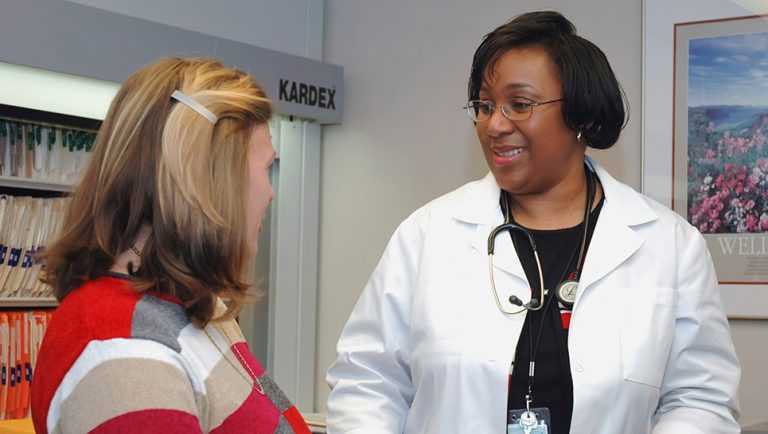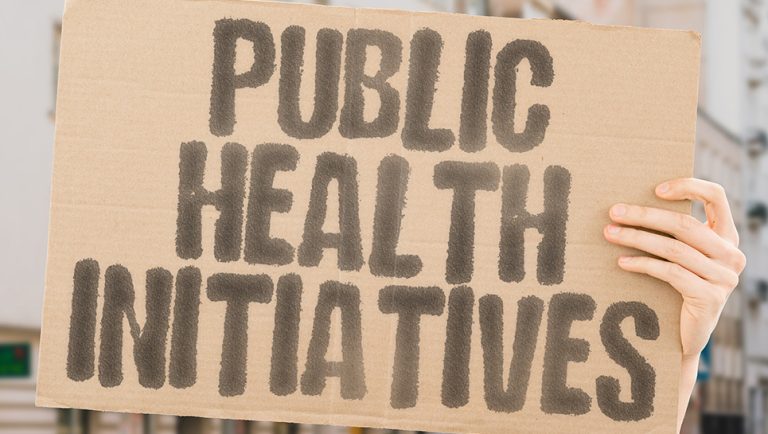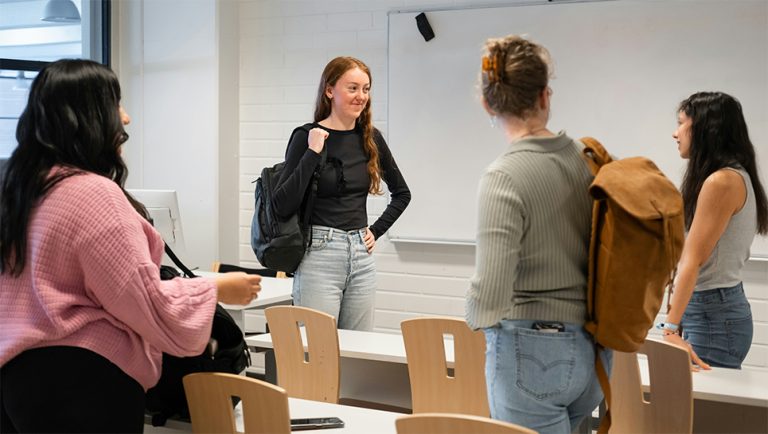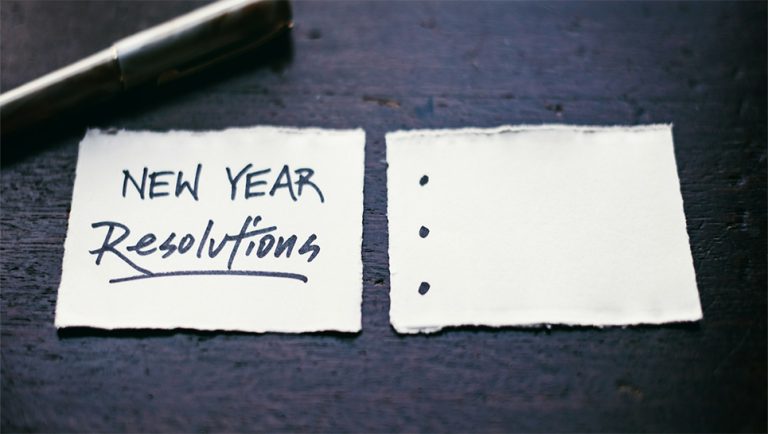Articles & Content
Unlearning and Learning
These short articles provide tips and resources for you to explore issues of weight stigma and how a body liberation approach aligns with public health values.
FEATURED ARTICLES
Shifting our approach to food and nutrition from weight-centric to one focused on autonomy, respect, equity and social determinants of health aligns with public health values and improves our effectiveness in bettering the overall well-being of our communities and their members.
As public health shifts toward a more weight-inclusive approach, and seeing body liberation as part of our social justice and equity work, what about the people working directly with individuals in a clinic setting?
If you are new to body liberation or weight-inclusive health topics, you may be wondering how to get started in your own work to reduce weight stigma and its harm. As we often hear in activist spaces these days, the most important thing is that we “do something.”
ALL CONTENT
Shifting our approach to food and nutrition from weight-centric to one focused on autonomy, respect, equity and social determinants of health aligns with public health values and improves our effectiveness in bettering the overall well-being of our communities and their members.
As public health shifts toward a more weight-inclusive approach, and seeing body liberation as part of our social justice and equity work, what about the people working directly with individuals in a clinic setting?
If you are new to body liberation or weight-inclusive health topics, you may be wondering how to get started in your own work to reduce weight stigma and its harm. As we often hear in activist spaces these days, the most important thing is that we “do something.”
For those who would like a quick overview, here is our Top 5 List of things we wish more public health educators and practitioners knew about body liberation.
By Katie Borofka - We need fellow rebels and activists and we need to find each other. We need community who says: Your body is not the problem. You are surviving the best way you know how. You are not alone.
As we work toward making our public health pedagogy and classrooms more inclusive and trauma-informed, it is imperative that we are intentional about how we represent and talk about bodies, weight and health, and how welcome people feel in our programs.
What if the “failure” rate of New Year's resolutions has more to do with the types of resolutions we are making – ones given to us by others (looking at you, weight-loss industry) – rather than ones that come from within, according to our own values?
Here are some things to consider about weight-loss drugs from a body liberation + public health perspective. In any case, our work toward an equitable world for people in larger bodies continues.
We want to highlight this amazing group of medical students as an example of how those of us working in health fields and education can take a stand and make a difference in reducing weight stigma and anti-fat bias in our work and in society.
In order for the School of Public Health to really move forward in an equity lens, a fat justice lens needs to be incorporated. Too often, people in fat bodies feel uncomfortable navigating health and public health spaces, and the first step to breaking that cycle is to acknowledge and promote that we belong in them.”
— Stephanie Schulden, Fat Activist and MPH Student








